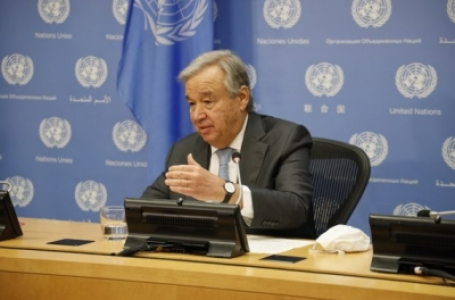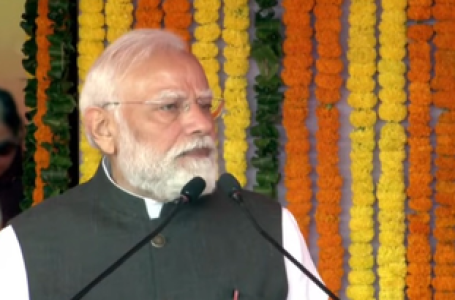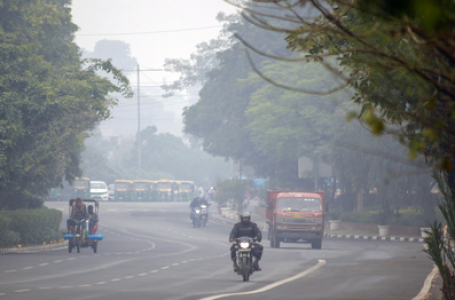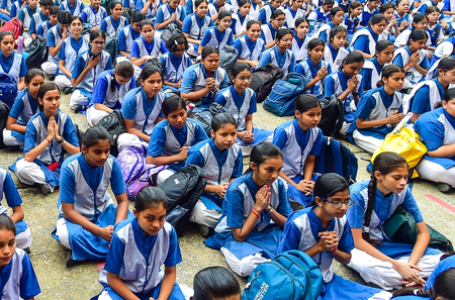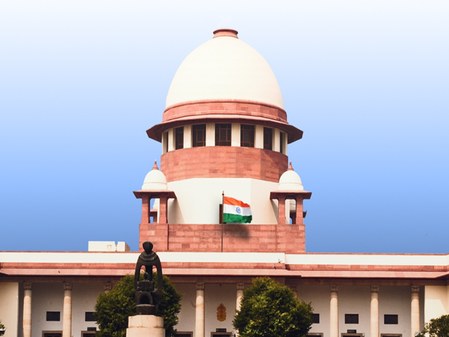
New Delhi: The Supreme Court’s order of November 7 for removal of stray dogs from public places has once again ignited the debate over the balance between public safety and compassion to animals.
It is true that stray dogs have become a menace to the lives of people as in recent years in several incidents, children, senior citizens and even youth have been mauled to death by pack of street dogs roaming around freely in the streets of cities, towns and villages.
But animal activists had strongly protested when, last time the court had issued such order, arguing that before removal, all steps should be taken to prevent cruelty to these animals. They cited Article 51A(g) that says that it is the fundamental duty of every Indian citizen to “have compassion for living creatures”. They also point out that as per Section 3 of the Prevention of Cruelty to Animals Act, 1960 “persons having charge of animals” are required to ensure their well-being and prevent causing them “unnecessary pain or suffering”.
On August 11, the apex court had passed a slew of directions on the stray dog problem to authorities in Delhi and NCR to “start at the earliest picking up stray dogs from all localities and put them in designated shelters or pounds.
It had also ordered that “not a single dog picked up from any part of the locality shall be released back on the streets/public spaces”.
However, the Animal Birth Control Rules, 2023, (ABC Rules), require that ‘capture-sterilise-vaccinate-return’ should be the norm. On August 22, a three-judge Bench of Justices Vikram Nath, Sandeep Mehta, and N V Anjaria came out with another order which put the ‘no-release’ policy of the earlier order in abeyance.
The bench asked the authorities to follow the established procedure under which dogs are picked up “ sterilised, dewormed, vaccinated, and released back to the same area from which they were picked up”.
But on November 7, a Bench of Justices Vikram Nath, Sandeep Mehta and N.V. Anjaria, hearing the suo motu matter on the issue ordered that every public place and institution must be properly fenced to prevent the entry of stray dogs.
The court asked the local municipal bodies to conduct regular pick-up drives from such premises and shift the animals to designated shelters after mandatory vaccination and sterilisation under the Animal Birth Control (ABC) Rules, 2023. while clarifying that dogs picked up from these public places should not return to the same spot.
Reacting to the apex court order, NGO Humane World said in a statement, “We recognise the need to ensure public safety, and progress has been demonstrated via scientific and consistent ABC/ARV and community engagement programs. However, removing community animals from their habitats and permanently relocating them to shelters- which presently do not exist, is likely to increase human – dog conflict further. Removing community dogs creates territorial vacuums, leading to the re-entry of unsterilised, unvaccinated dogs and worsening the very issue the order seeks to address.”
The NGO said that relocating dogs to shelters is impossible at scale given the complete lack of infrastructure, capacity and resources and antithetical to the ABC Rules, 2023.
The Animal Birth Control Rules and long-standing judgments of the very same Courts have already recognised that sterilise–vaccinate–return is the only sustainable and compassionate method to manage the street dog population, it said.
However, the issue is not simple. As far as sterilisation is concerned, Delhi High Court, while hearing a petition, had observed in August that this strategy was not working. The plea was filed by one Pratima Devi, who was running a shelter in Saket, where she looked after more than 200 dogs.She had challenged the Municipal Corporation of Delhi’s notice of demolition of the makeshift shelter.
When the court was informed that sterilisation of around 70 per cent stray dogs would solve the problem, the judge said “Sterilisation isn’t working at all. It’s not the solution,” according to a report in the Hindu.
The matter requires serious coordinated steps by authorities and civil societies and animal lovers so that neither humans nor dogs suffer.
–India News Stream















